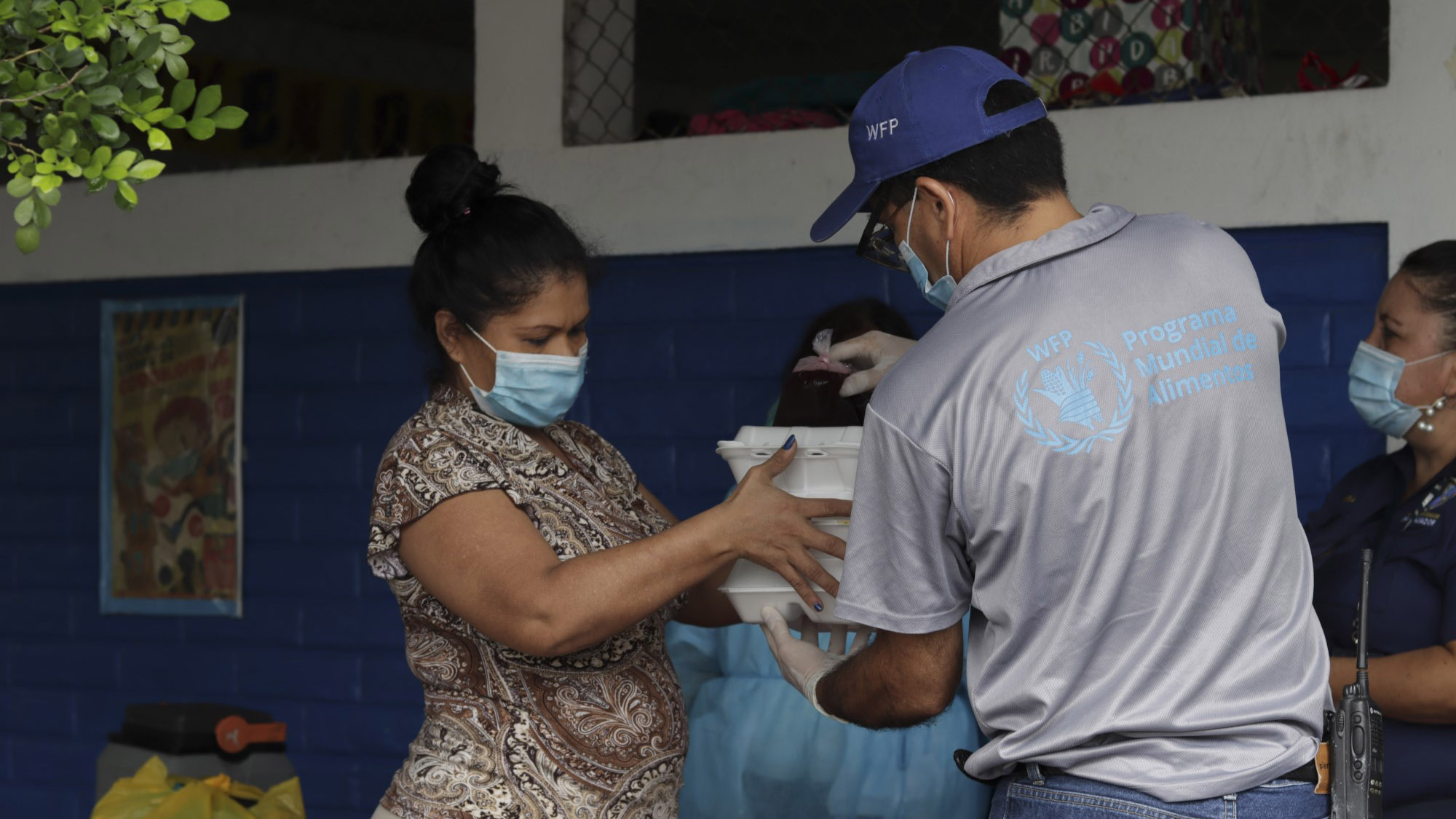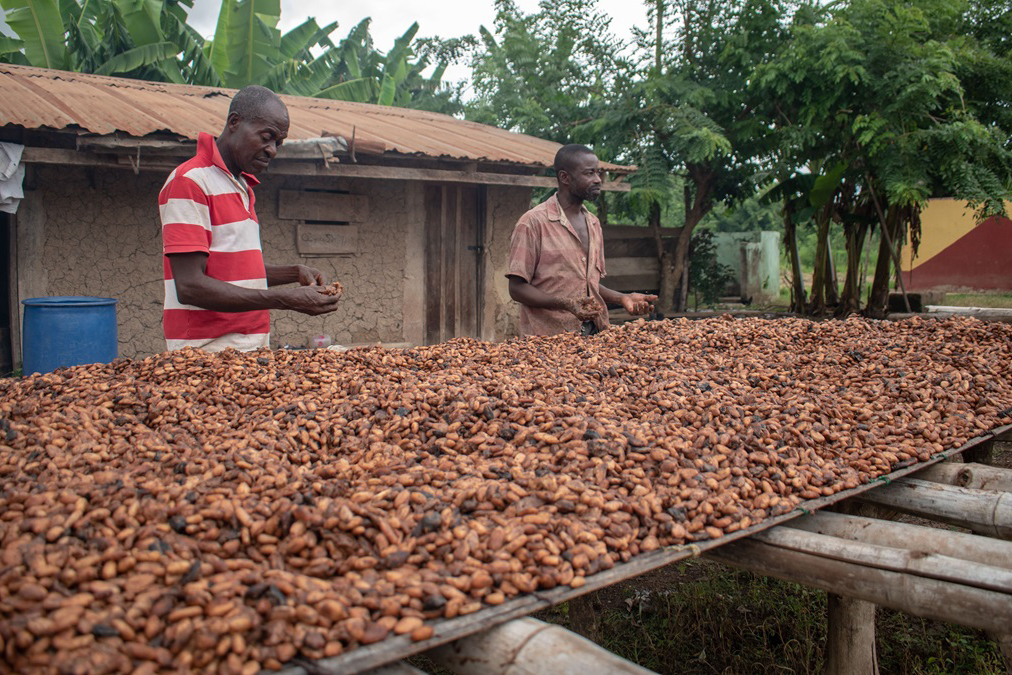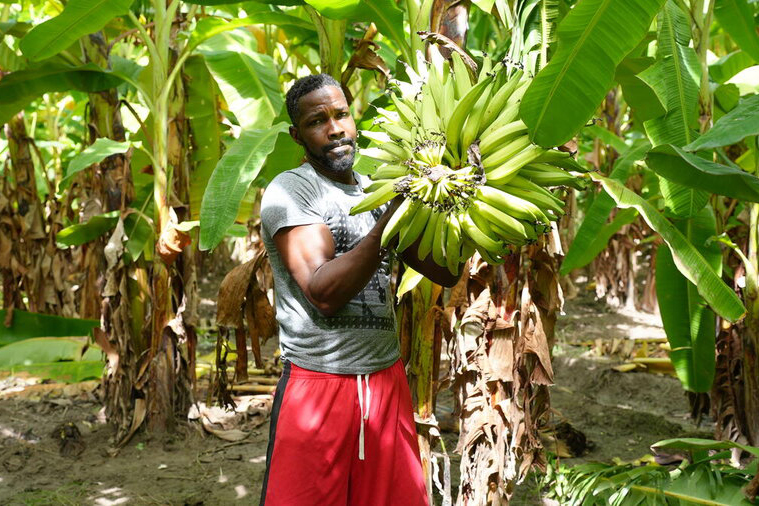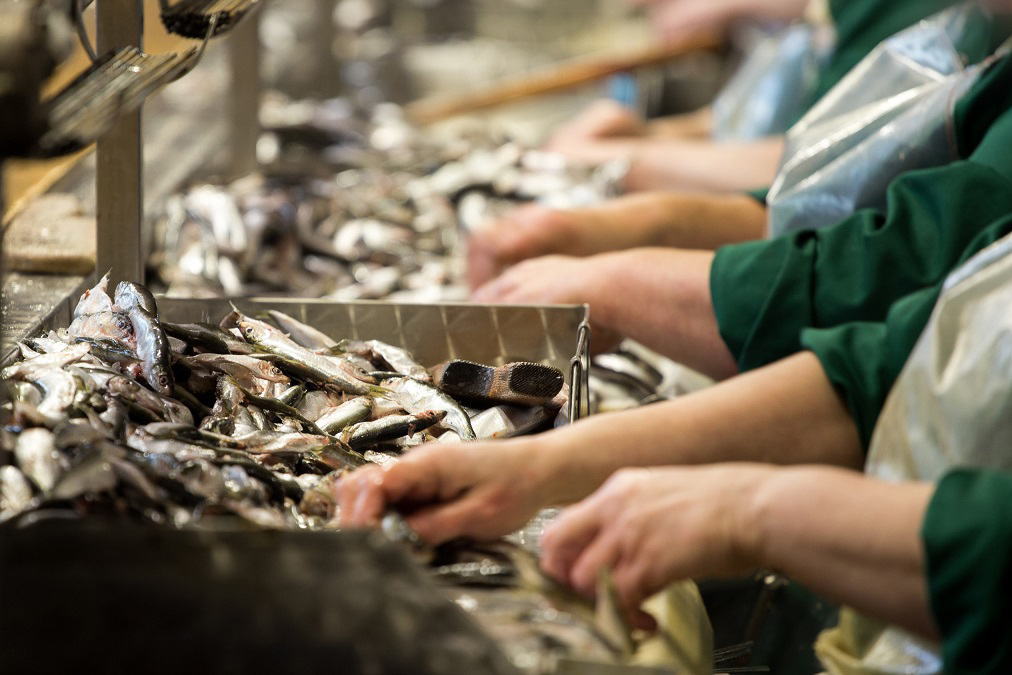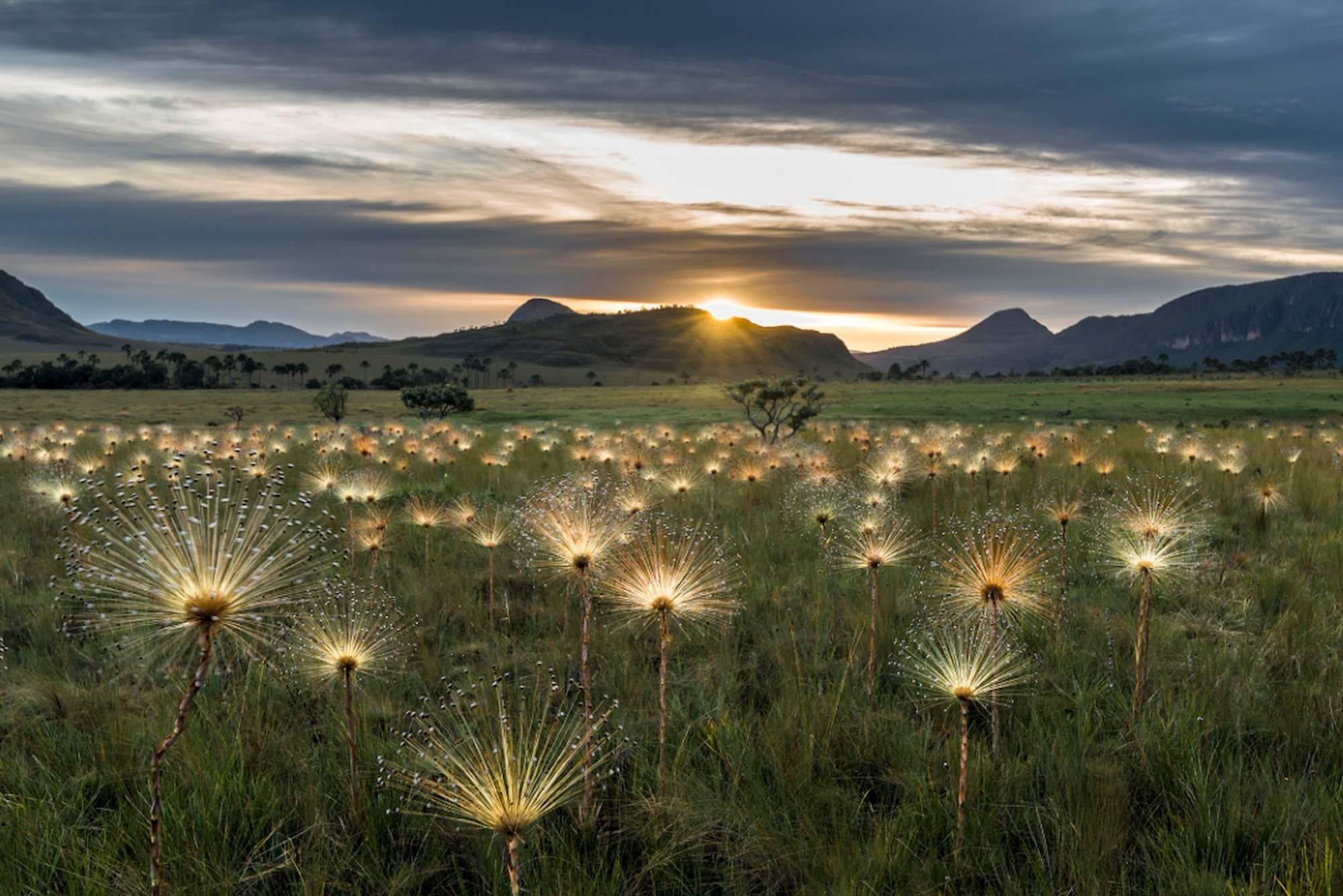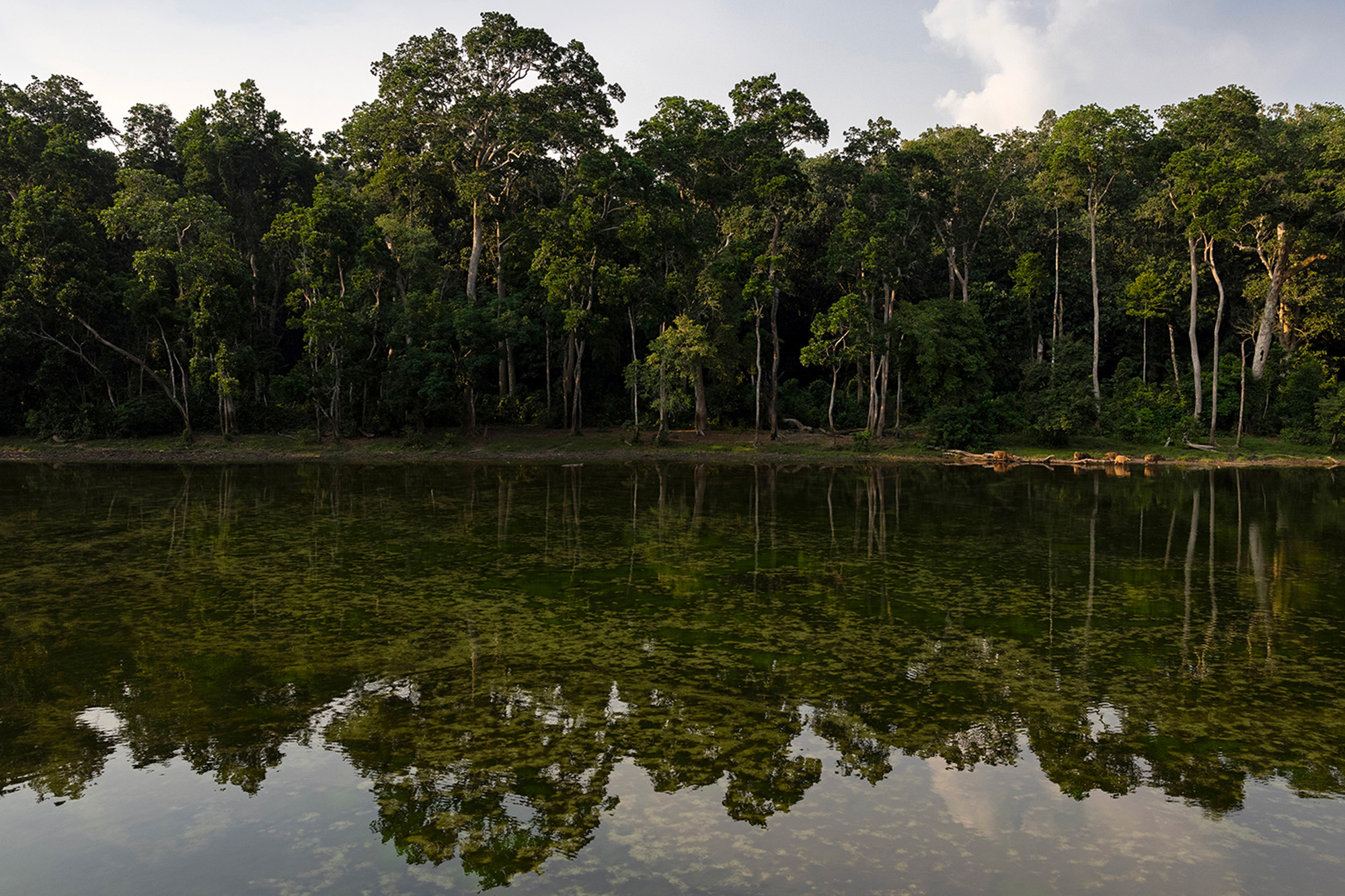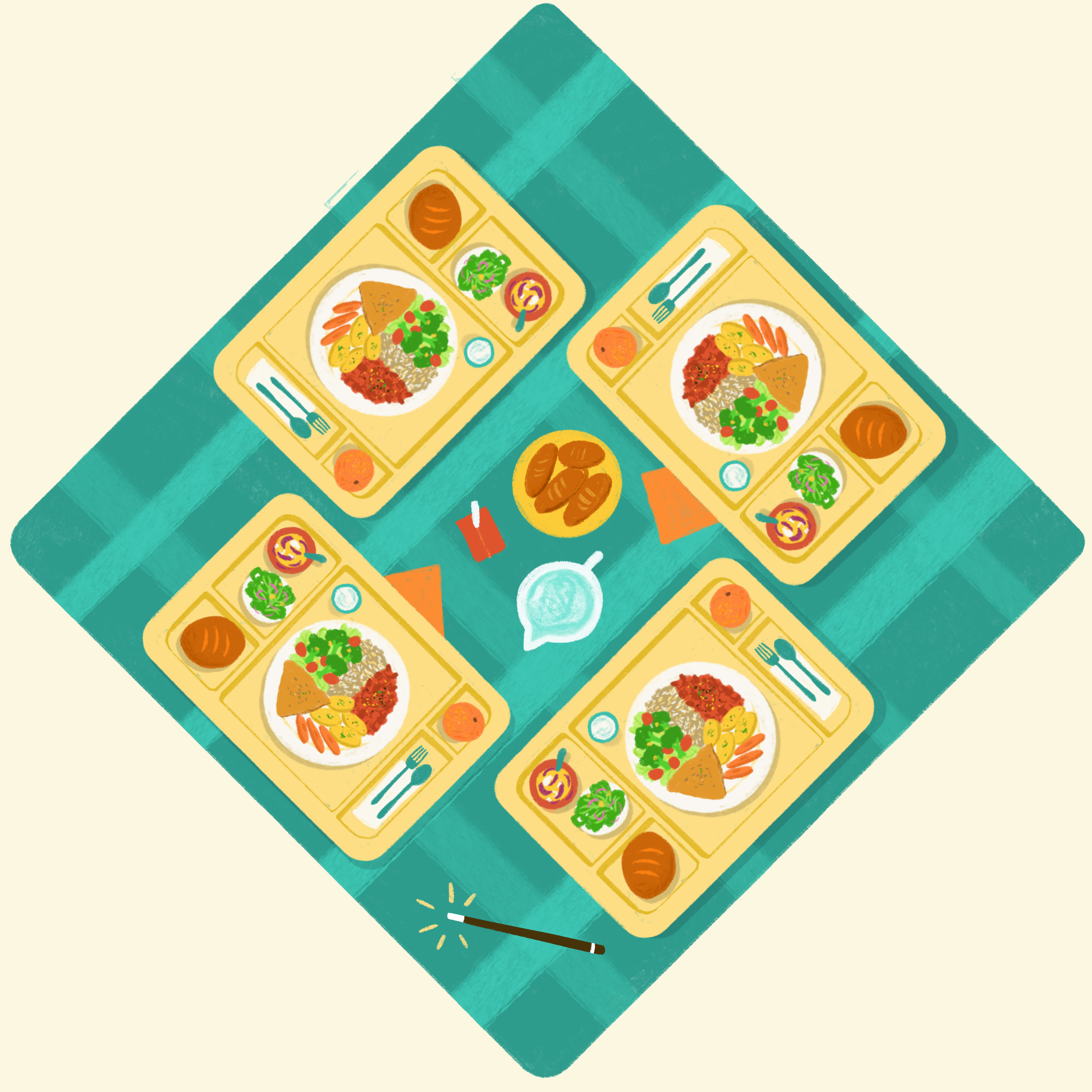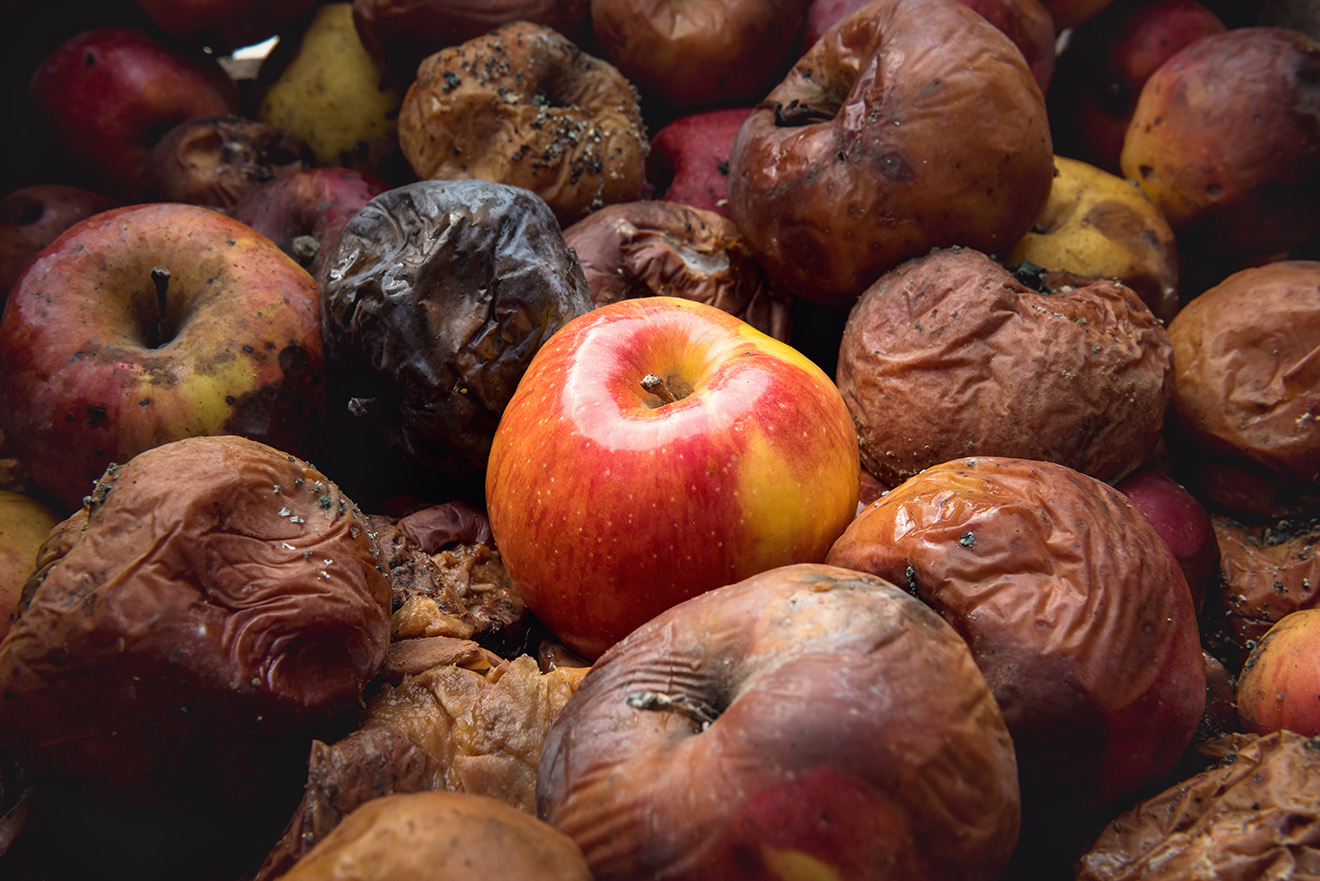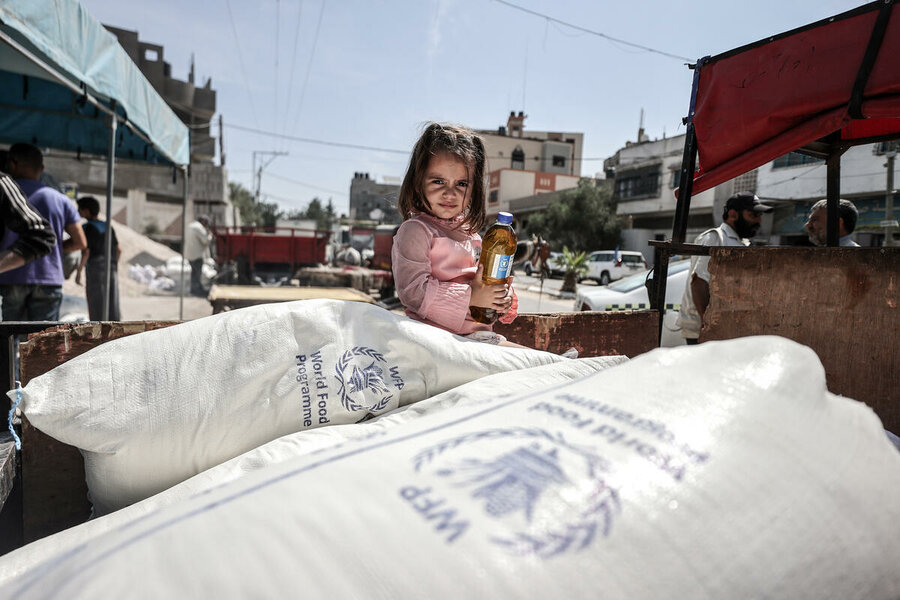Find out more in
Food
Climate change-induced cocoa price hikes are affecting chocolate lovers globally, highlighting the urgent need for climate action.
Grasping the extent of food waste through robust measurement, as highlighted in the Food Waste Index Reports, is crucial for catalyzing essential action and progress towards achieving SDG 12.
Farmers in Haiti's Artibonite department, face dire challenges due to armed bandits plundering crops, underscoring the urgent need for security and stability to ensure food security and long-term resilience in the country's agricultural sector.
UNCTAD and WHO introduce a novel framework unveiling trends and health implications of processed food trade, crucial for promoting nutritious diets and enhancing food security worldwide.
The Cerrado savannah, situated primarily in Brazil, is the world's most diverse savannah in terms of its biodiversity. The United Nations Development Programme (UNDP) collaborates with local partners to promote livelihoods, safeguard ecosystems, preserve traditions, and bring socio-biodiversity to market shelves. The Institute for Society, Population and Nature (ISPN), in partnership with UNDP, was chosen in 1994 to manage the Small Grants Programme in Brazil, which is known as the Fund for Promotion of Productive Eco-social Landscapes. SGP Brazil has supported over 890 projects in the Cerrado, Caatinga and Amazon regions so far.
In Kabo village, men play a game with beans. The beans represent wild animals, the bag is the forest, and the players are hunters. Once the bag is empty, they all lose. This game is designed to show the consequences of unsustainable hunting on future generations' food and incomes. The Bantu and Baaka Indigenous Peoples groups in the Congo rely on wild meat as their main source of protein and income. However, overhunting, deforestation, pollution, diseases, and climate change have reduced the population of wild animals in the Congo Basin. The Sustainable Wildlife Management Programme, coordinated by the Food and Agriculture Organization of the United Nations (FAO) and three other organizations, works to restore the balance between food security and wildlife conservation.
Not only are healthy diets crucial for children's development and wellbeing, but the enjoyment of food is part of the right to food too.
Reducing food loss and waste is vital as global hunger has steadily increased since 2014. Approximately 13% of food is lost from harvest to retail, and 17% of global food production is wasted in households, food service, and retail. The 2023 International Day of Awareness of Food Loss and Waste (29 September), themed "Reducing food loss and waste: Taking Action to Transform Food Systems”, urges public and private sectors to prioritize innovative actions in reducing food loss and waste for more resilient and sustainable food systems. Get involved with FAO’s message and share!
There are 734 million people going hungry around the world, 122 million more than in 2019, according to ‘The State of Food and Nutrition in the World 2023’ (SOFI). Launched by UN agencies including the FAO and WFP, the report estimates 29.6 percent of the world’s population, around 2.4 billion people, had restricted access to food last year. This includes around 900 million people facing severe food insecurity amid worsening and intersecting crises. WFP needs US$25.1 billion to reach 171.5 million people around the world this year.
Heavy fighting continues as the prospect of acute hunger is becoming more likely by the day. In almost one month, hundreds of people have been killed in the fighting, over 150,000 have fled Sudan, and hundreds of thousands have become internally displaced, adding to those already displaced by previous conflicts.
In a world where tonnes of edible food is lost, leaving people hungry and small-scale farmers in poverty, temperature-controlled storage and transport of food is a solution. FAO, the Ozone Secretariat of UNEP, UNEP and the Italian Ministry of Environment and Energy are working with countries to find solutions to sustainably expand cold chain infrastructure, where viable, using renewable energy to power cooling.
To enhance inclusive access and management of natural resources, FAO is working with local community leaders and local and regional authorities to establish peacebuilding and conflict resolution mechanisms. Through these initiatives, people are able to enhance fodder production, restore grazing lands and keep their livestock safe from drought.
Jhumi is taking online training through a WFP-supported online portal to bridge the gap in digital literacy. Across countries and cultures “food and meal preparations” are often the work of women, but it does not mean they have the power of decision-making in how to use the resources of their households to ensure food security. If women have lower education rates, limited access to information such as weather forecasts, market information, limits on having capital assets, then changing the inequality in wider food systems becomes harder. Partnerships are key to empowering women in developing countries with computer literacy skills and greater digital inclusion requires “good partnership at education level, with bodies that can provide the equipment, IT companies for having access to WiFi.

